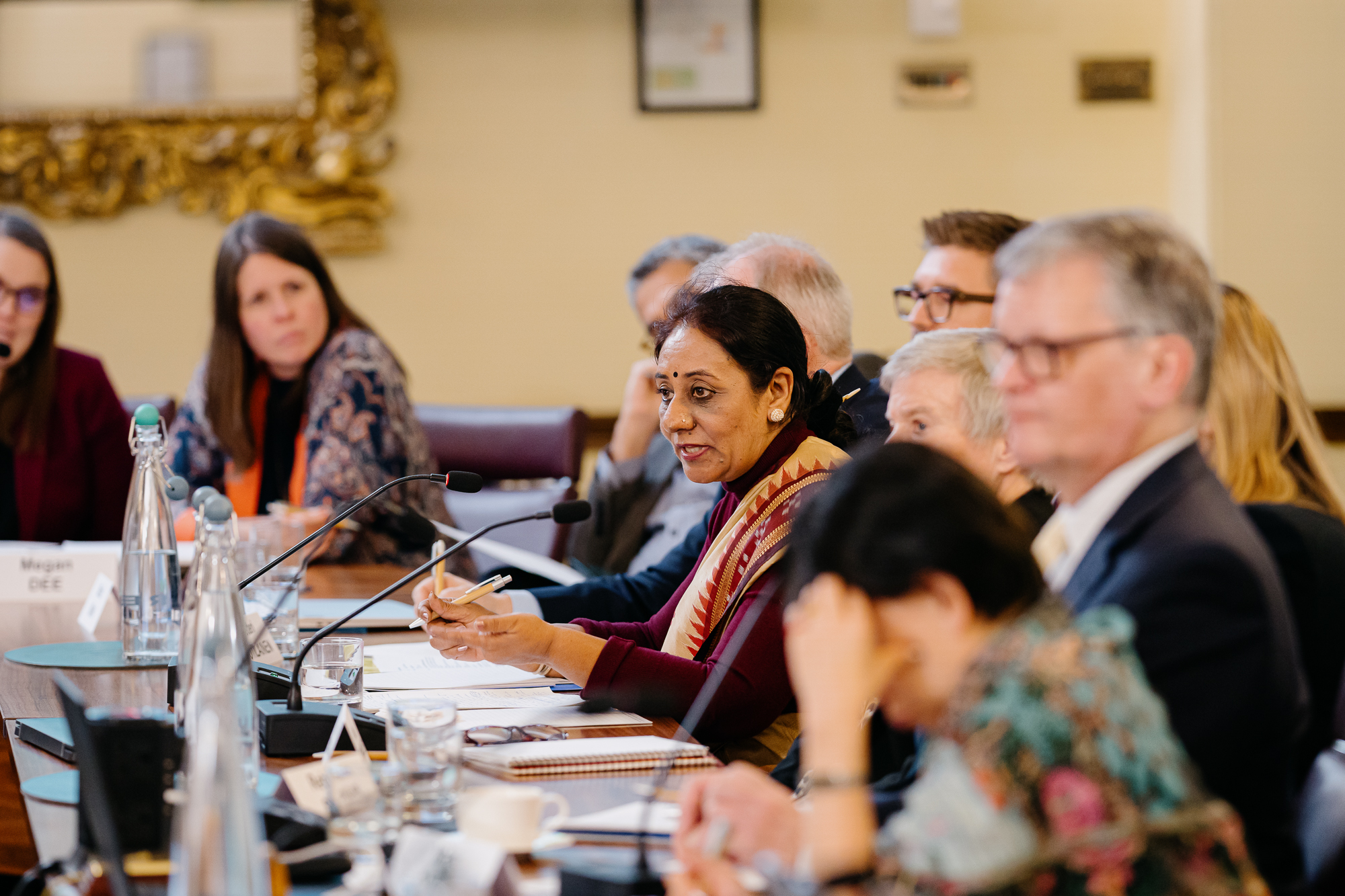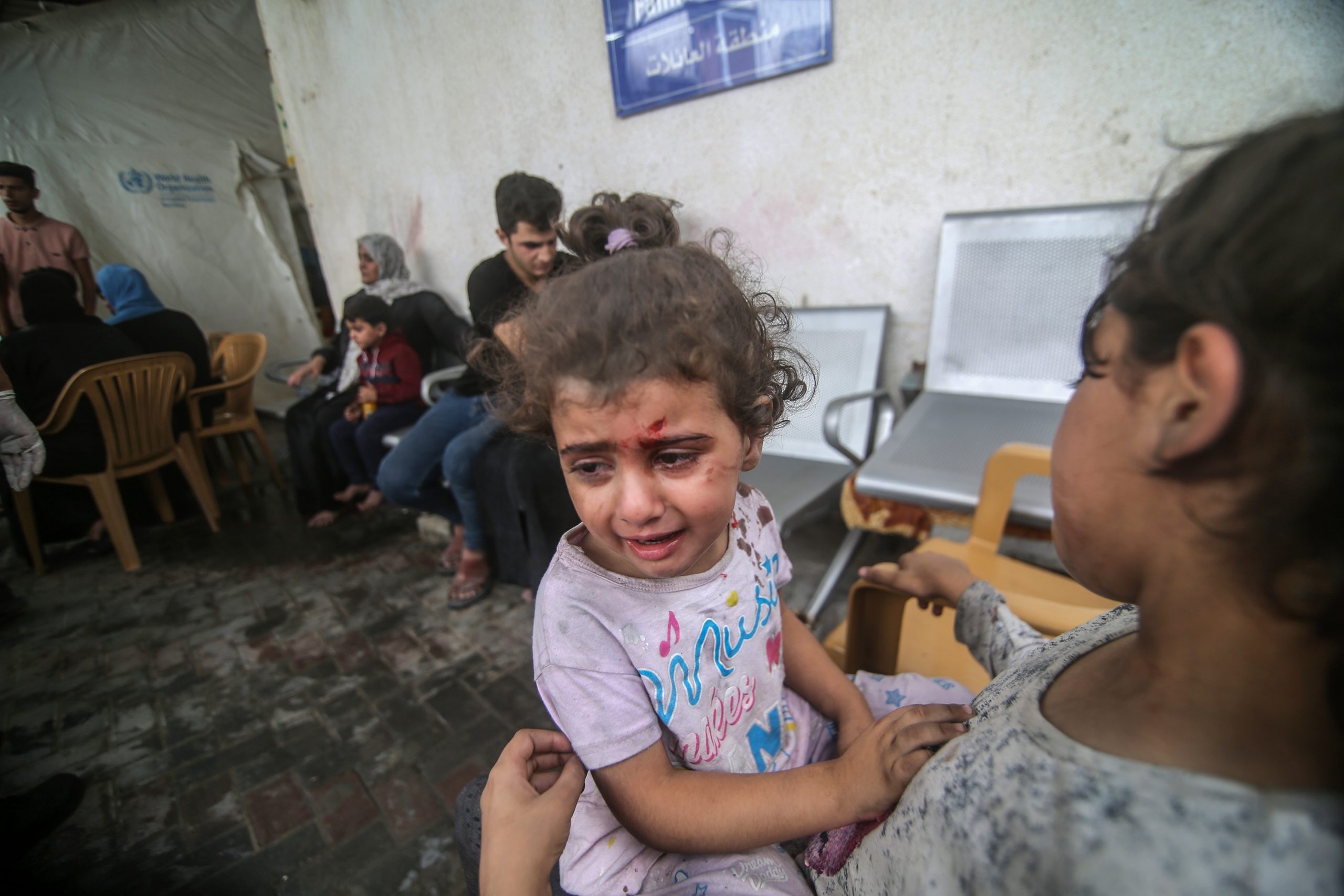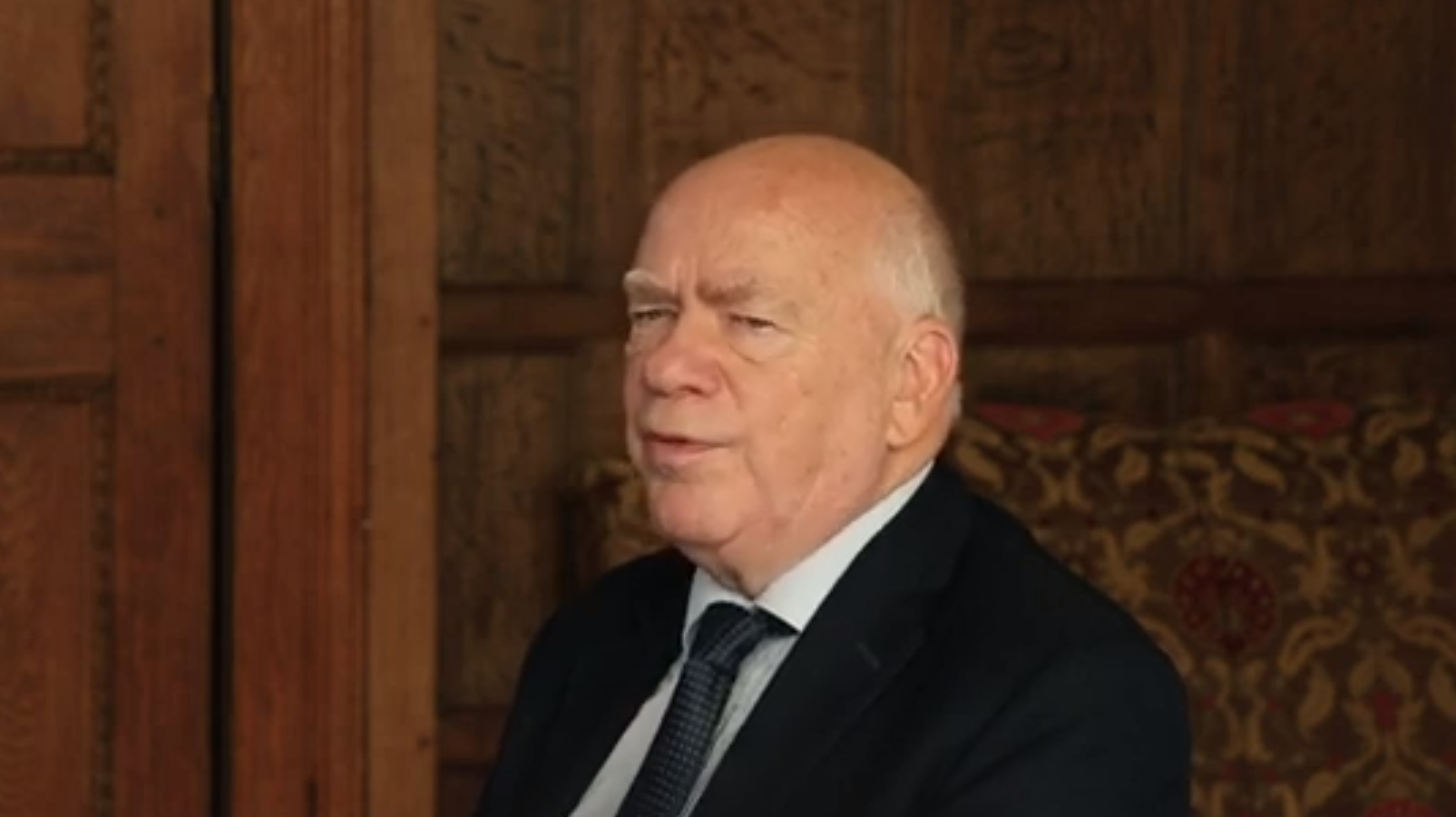The illicit trafficking in firearms, their parts and components and ammunition represents a serious threat to peace and security, and an obstacle to the achievement of the Sustainable Development Goals. In many countries and regions firearms feature prominently in connection to multiple security threats, including armed conflicts and armed violence, and act often as catalysers or enablers of various forms of crimes, from violent crimes, to gang criminality, to more sophisticated forms of transnational organised crime, including illicit drugs trafficking, and to terrorism. The strategic role and impact of these firearms is of particular concern in the context of organised crime and terrorism, where their illicit availability and access contributes to exponentially increase the destructive power and incidence of criminal and terrorist actors on peace and security.
The international community has increasingly acknowledged and expressed concern at the destabilsing impact of this firearms-crime-terrorism nexus. Over the years, Member States have sought to counter the challenges presented by these inter-connected threats through the adoption of a wide array of instruments and measures: at the global level, these include the Convention against Transnational Organised Crime and its supplementing Firearms Protocol, the Arms Trade Treaty and the UN Programme of Action, as well as the 19 universal instruments against terrorism. More recently, the Security Council in its resolution 2370 (2017) addressed specifically the problems of illicit trafficking of arms and their access by terrorists.
In fact, current policies, legislative frameworks and operational practices to counter illicit firearms trafficking, on the one hand, and terrorism and organised crime on the other hand, tend often to be disconnected from each other, and to disregard the inherent nexus that exists between illicit firearms trafficking and other serious crimes. Criminal justice responses to terrorism and organised crime tend to focus more on the ‘firearm’ as a crime tool, and less on the origins of these arms and/or on the actual firearms trafficking offence and its supply chain. As a result, while numerous firearms are seized and confiscated in the context of organised crime or counter terrorism actions, the ultimate goal, to disrupt the illicit arms flows and its supply chain, often remains unattended, and the criminal groups, middlemen and networks involved in this business untouched.
This situation is partly due to the inherent difficulty in detecting and disrupting illicit firearms flows, and the lack of expertise, technical knowledge and skills of practitioners to deal with this complex crime, partly also to the lack of awareness and understanding of the strategic importance of addressing illicit firearms trafficking as an objective on its own merit, and as a key element also in the fight against transnational organised crime and terrorism.
This silo approach has so far prevented policymakers and practitioners alike from coherently addressing the organised crime-firearms trafficking-terrorism nexus and exploring the synergies and added value of addressing firearms trafficking as a key element to counter multiple security threats including organised crime or terrorism. Breaking these silos requires a new paradigm in the criminal justice response to these threats.
Aims and intended outcomes
Taking this into account, the main objective of the conference was to bring together practitioners and representatives from target countries in Africa, Asia, the Balkans, Europe as well as Latin America and the Caribbean, that are particularly affected by or exposed to these threats; representatives of regional and international organisations; UN agencies and offices; as well as leading experts from academia, think tanks and civil society with a view to:
- Review existing preventive and response strategies, including international legal frameworks, to counter firearms trafficking especially in the context of transnational organised crime and terrorism;
- Identify potential conceptual, normative and operational gaps and challenges;
- Examine key elements and approaches, as well as practical recommendations to assist Member States in devising more effective, focused and long-term policies and strategies to address illicit arms trafficking as a major obstacle to peace, security and development efforts worldwide, especially when linked to organised crime and terrorism; and
- Address capacity building requirements
The findings of the Conference will also contribute to the development of a comprehensive strategy of UNODC, in cooperation with relevant partners, to transform the acquired vision into practical, measurable actions in target countries and regions.












